And More Publishing Information
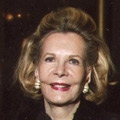
By Megan McKinney
We are back with book publishing expert Virginia McCullough to continue an exploration of how we can bring those manuscripts out of our personal library and office cupboards and guide them into published books on the shelves of the Book Cellar, Powell’s, Quimby’s, 57th Street Books, The Book Table in Oak Park and other favorite bookstores in the Chicago area and around the nation.
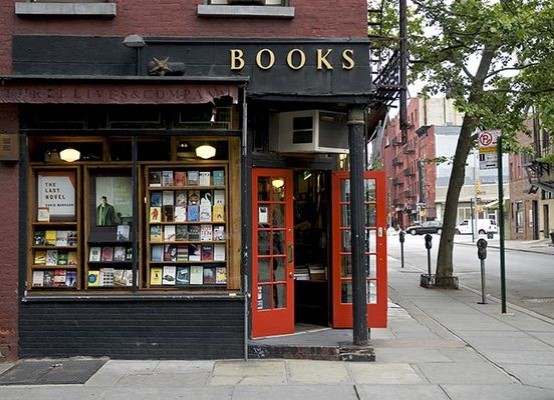
This time around we asked Virginia about the novels some of our Chicago friends are developing. “Fiction,” she answered, “finds its way to the marketplace in much the same way as nonfiction. It’s sold to big presses and a few small presses by author’s agents and sold directly by the author to the majority of small presses. Most of the big publishers will not consider material sent by an author who doesn’t have an agent.” (Finding an agent is a big, big subject we will explore with Virginia toward the end of this segment.)

“A great deal of fiction is indie published today,” she continued, “and some authors do extremely well, especially if they treat it as a business and hire good editors and designers and other professionals or work through a hybrid publisher. The number of novels published every year numbers in the thousands because of indie publishing. I don’t think we’ve seen the peak of this yet.”
However, she adds, “To sell a novel or a nonfiction manuscript, the writing must be good and attract an agent, which is why I’m a big believer in reading widely. It seems odd to ask an aspiring mystery author who his favorite mystery authors are, only to be told he doesn’t read many mysteries. If you want to write paranormal romance, then read widely in that genre. It seems so obvious. Likewise, if you want to write self-help books, read many recent ones.”

Virginia brings up the subject of taking time to learn fiction craft. “Hundreds of fiction craft books exist, and a host of online classes are available—more than ever before and the list is growing. In some of these venues the participants come from all over the world. I personally am a fan of online writing workshops,’ she says, “either through a company or writers’ organizations.
“From my coaching and editing experience, I’ve found too many people don’t understand basic fiction craft—point of view, scene construction, character arcs, and so on. Rather than naming dozens of specific books, I’d recommend looking for craft books in bookstores and online written by people such as: James Scott Bell, Mary Buckham, Janet Evanovich, Dwight Swain, Christopher Volger, Lisa Cron, John Dufresne, Ann Hood, and Elizabeth George. I would also look at some of the online writing academies, which can be easily evaluated. Two come to mind: Free Expressions https://www.free-expressions.com/ and Writing Mastery Academy https://learn.jessicabrody.com/ Free Expressions was started by Donald Maass, author of many books on fiction craft. They offer reasonably priced classes and a great variety of them.
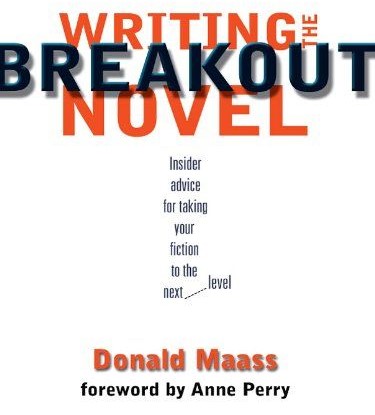
“Writing Mastery Academy is the brainchild of Jessica Brody, a prolific fiction writer and author of Save the Cat Writes a Novel. Both are good for both mainstream and genre fiction. There are many more workshops available online and through in-person and online classes associated with colleges and universities.”

Virginia suggests looking into fiction writers’ organizations, such as the Women’s Fiction Writers Association (WFWA—also open to men who write women’s fiction), Mystery Writers of America (MWA), Historical Novel Society (HNS), Romance Writers of America (RWA), and many others.
“I favor these national groups,” she says, “some of whom have local or regional chapters. These groups are professional and lean toward learning craft with the goal of publishing. The national conferences associated with all the big writers’ organizations offer chances to pitch books to agents and editors. Some have critique opportunities, mentoring programs, and lots of workshops.”
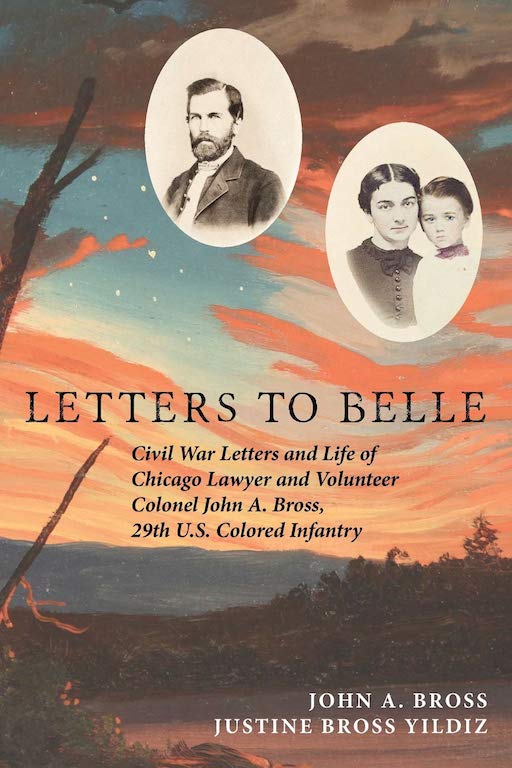
Then there is the area of “personal” publishing, including the category of the family history. Many of our readers are from historic Chicago families; descendants of fascinating individuals who created our city and suburbs. If they have not yet told the stories of their ancestors, we wish they would. A favorite of ours is Letters to Belle by the late John A. Bross and his sister, Justine Bross Yildiz, whose 2018 book about a distinguished ancestor is an excellent example of this interesting facet of the book world.
This is what Virginia has to say about personal publishing, “The internet has not only changed the way books are published, but who can benefit from the new technologies. One area is personal and family histories/stories and memoir. Many families have rich histories and ancestors who founded great companies or schools or medical institutions, were pioneers in certain fields, invented common items, were philanthropists, and were ‘firsts.’ On an individual level, many of have had unusual or traumatic experiences, overcome certain issues, or have broken barriers, and so on.”

“When it comes to personal memoir,” she continues, “there is an almost guaranteed market among our circle—family, friends, and some colleagues. We may garner local interest. These are very hard to sell to traditional publishers, and the author’s voice must be strong and unique. Hybrid publishers and small presses are worth a look, and we can hire production professionals and bring these books out ourselves at relatively low cost.”
Virginia discusses POD or Print on Demand regarding books needed for a specific occasion. “If you write a family history and go to a reunion you can order 20 copies or 120 to take with you. You won’t have boxes of books taking up space in the garage. In some families, these histories are digital only, so they save all printing costs, but preserve their family stories.”

“Many people have prominent or large families who want a well-researched family history,” she continues, “and they know others in their locale will be interested. Some hire ghostwriters for this job, and others undertake it themselves and then use a book doctor and a copyeditor to add a professional touch. Even those of us without well-known families might cherish a book that pulls together some family history, or as a friend of mine said, ‘identifies the people in the old photos.’ There’s even an organization to help you write and produce your family history, https://www.personalhistorians.org/ ”
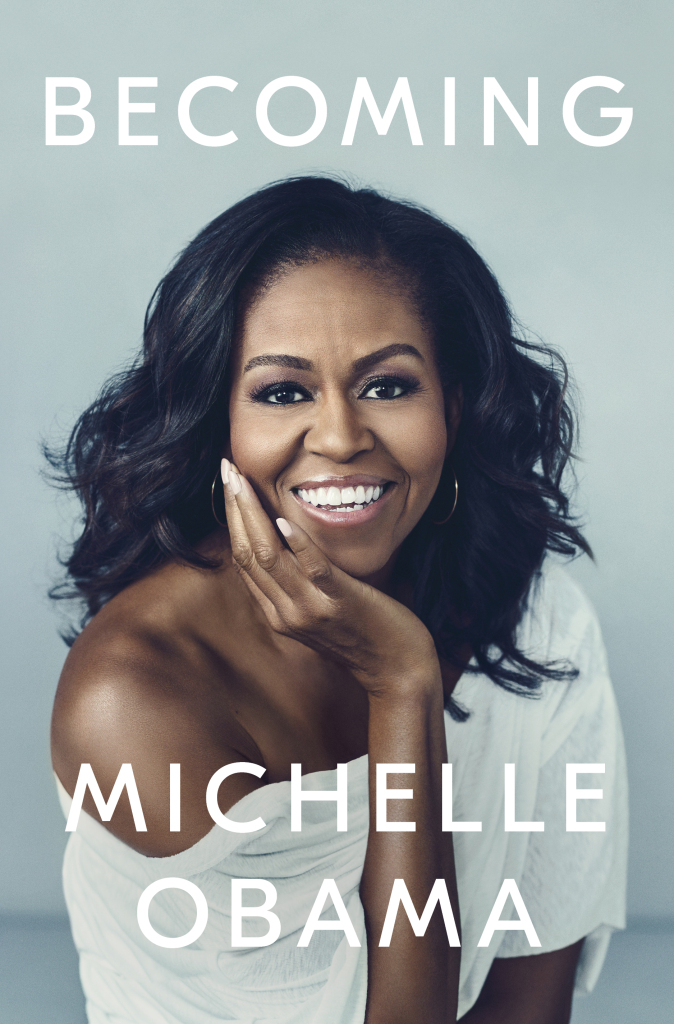
Memoirs are sold to publishers the same way how-to and self-help books are sold, through a book proposal, although with a slightly different slant.
“Beyond our own families, most libraries have local history and genealogy sections, and adding our book is performing a real service. Likewise, local historical societies might welcome these family histories as well. This is an area of publishing that will grow over the next few years, because of the technologies that make it possible.”
We’ve been promising Virginia’s tips on finding an agent and the first is a beauty—so simple but one that never occurred to us. She recommends perusing authors’ Acknowledgments sections, because they often thank their agents.
“If I’m writing a business book,” she says, “and I see an agent’s name in a book on a management topic, for example, I have a clue about what kind of work the agent represents. If I’m writing a thriller, I’d look for the agent’s name, for the same reason. Then you can visit the website and find out more.”

To find agents for both fiction and nonfiction, she recommends the Association of Authors’ Representatives(AAR) http://aaronline.org/ “This organization,” she notes, “lists its agent-members and is a great place to begin screening for agents, who state what they represent and how they want to be approached, i.e. query, synopsis, sample chapters, and so forth. The agents have websites where they further refine what kinds of work they prefer to represent. I’m told many agents have Twitter accounts and talk about their clients and the market and such in their tweets.” She stresses that each agent must be so carefully researched. “Some want one-page synopses, some want long synopses and two pages of the manuscript, or some other combination.”
Another tool Virginia suggests in the agent quest is Query Tracker, https://querytracker.net/ a free service to help locate agents. She mentions that she asked colleagues in the Women’s Fiction Writers Association, who said good things about it.
Here is an interesting “TRUE STORY” from Virginia,
“A client of mine contacted an agent I recommended based on some previous dealings. However, I was stunned to find out that he didn’t want the full proposal, only the promotion plan; based on that, he either would or wouldn’t request the author’s bio and based on that, he’d decide if he cared to see the rest of the proposal. It didn’t matter what the book was about, he didn’t want to see it until he had that detailed promo plan.”
Does this mean that today the promotion plan and the author bio can be the most important elements? Interesting. Maybe worth a try.

”Logically,” says Virginia, “agents only represent what they believe can sell, and they’re affected by mergers of publishing companies. The large mainstream publishers are owned by international media conglomerates, and that has narrowed the choices agents have in terms of where to send manuscripts. That change alone has affected both fiction and nonfiction publishing.”
To wind up this discussion, Virginia offers sites and links for finding information about independent and hybrid publishers, and small presses. “LinkedIn,” she says, “might seem obvious, but people often overlook it because it’s so big. But it can be very useful.”
https://www.linkedin.com/feed/ LinkedIn is a well-known marketplace and has listings for the role players in publishing, from editors to social media managers. Every listing should be vetted carefully, and reputable vendors will always supply references and samples.
https://www.ibpa-online.org/page/history Independent Book Publishers Association (IBPA) Based on the concept of joining forces, IBPA offers insider education and advice about independent publishing and offers opportunities for cooperative advertising. They report on publishing opportunities and scams as a benefit to their members and others.
https://blog.reedsy.com/scams-and-publishing-companies-to-avoid/ Reedsy itself is an online company that includes lists of freelance services potentially useful in finding editors, cover artists, formatters, and so forth.
https://www.facebook.com/WriterBeware/ Writer Beware was started by a group within the Science Fiction & Fantasy Writers of America for the purpose of exposing publishing and literary services scams.
https://www.pw.org/small_presses Poets & Writers, a subscription publication offers information about a variety of publishing issues, including writers’ retreats and grants and a guide to (non-hybrid) small presses.
Authors can Google topics such as, “publishing scams and warnings,” or “best hybrid publishers” or “best self-publishing handbooks,” and then sort through the information.
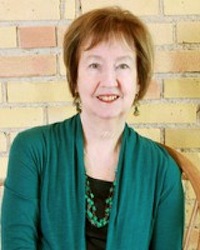
Virginia McCullough.
Virginia McCullough has made a business of advising would-be authors. If you feel you could benefit from her expertise, the best way to reach her is through her email: virginiaauthor47@gmail.com.
Although her website is currently undergoing a revamp, it is usable: www.virginiamccullough.com.
Facebook: https://www.facebook.com/virginia.mccullough.7/
Edited by Amanda K. O’Brien
Author Photo: Robert F. Carl








